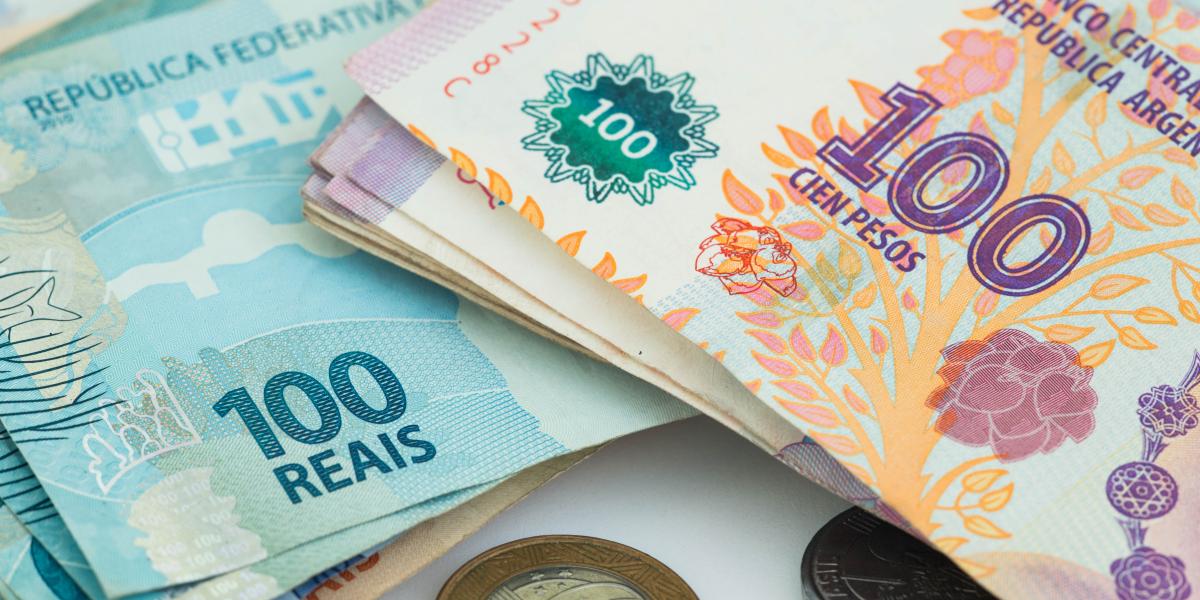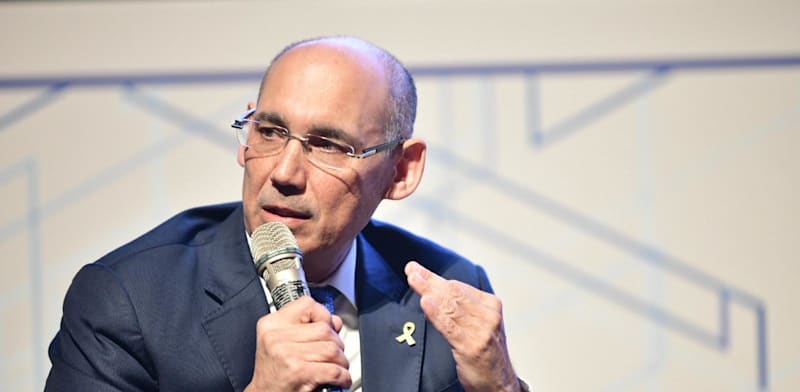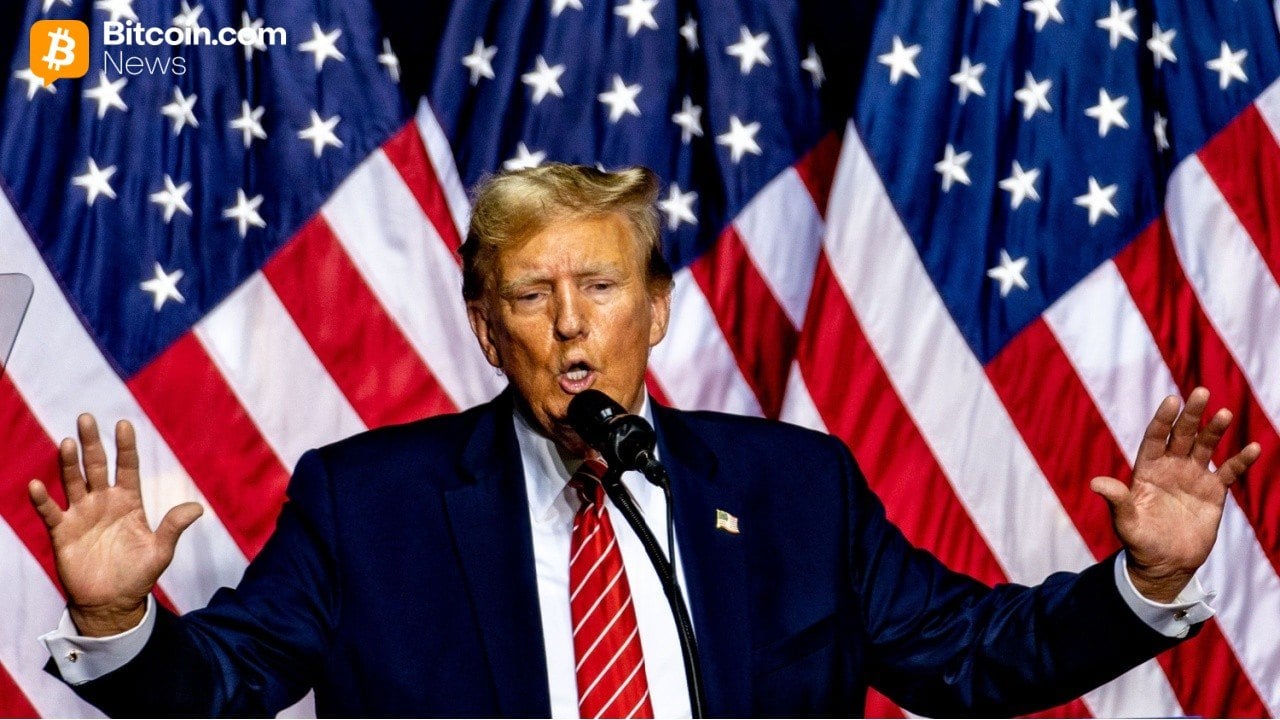MMT poses two propositions: 1) that money originates according to the theory of chartalism, that is, money is essentially created and regulated by the state; and, 2) that only “monetary sovereigns” can employ MMT policies successfully. MMT’s favorite example of a “monetary sovereign” is the modern United States. (Both of these points are crucial for MMT, but their definitions and explanations are not within the scope of this article).
The problem here for MMT is that the monetary history of the United States belies chartalism. Rather, the evidence from the monetary history of the United States demonstrates evidence for commodity monies that emerged through barter-exchange on the free market, especially silver and gold.
The general tone of MMT writers toward the theory that money emerged through tradable commodities through barter-exchange is generally dismissive, implies fictionality, and even suggests that it is against historical evidence. Barter leading to a generally-accepted medium of exchange is commonly treated as an unjustified myth (cf. Graeber).
Regarding chartalism, MMT scholars Kelton and Wray explain, respectively,
MMT rejects the ahistorical barter narrative, drawing instead on an extensive body of scholarship known as chartalism, which shows that taxes were the vehicle that allowed ancient rulers and early nation-states to introduce their own currencies, which only later circulated as a medium of exchange among private individuals. From inception, the tax liability creates people looking for paid work. . .in the government’s currency. (pp. 26-27, emphasis added)
We all know the usual approach to money: it begins with a fantasized story about barter, the search for an efficient medium of exchange, the role of the goldsmiths, and then on to the gold standard,. . .in my view the conventional story is wrong. . . (emphasis added)
To this, we can pose a simple question: does the monetary history of the United States indicate chartalism?
The answer to this question is decidedly in the negative. Further, it is not only a mere absence of chartalism, but positive evidence connecting barter, already-existing commodity monies, and a long history of the imperfect gold standard despite attempts of various governments to impose fiat currencies. But if the United States—MMT’s favorite example of a “monetary sovereign”—does not exhibit a history of chartalism, then it is actually a counter-example against MMT.
Through barter, goods were exchanged for goods, but people soon realized that certain goods could also be also exchanged indirectly for more tradable goods, that is, used as money. Therefore, these goods became media of exchange, just as Menger theorized. Several commodities served as media of exchange in America, especially tobacco. Writes Rothbard in A History of Money and Banking in the United States,
In the sparsely settled American colonies, money, as it always does, arose in the market as a useful and scarce commodity and began to serve as a general medium of exchange. Thus, beaver fur and wampum were used as money in the north for exchanges with the Indians, and fish and corn also served as money. Rice was used as money in South Carolina, and the most widespread use of commodity money was tobacco, which served as money in Virginia. The pound-of-tobacco was the currency unit in Virginia, with warehouse receipts in tobacco circulating as money backed 100 percent by the tobacco in the warehouse.
I often ask my students in economics and history two related questions to draw this out: 1) why would people grow tobacco if they did not intend to personally consume it? The answer is because of the benefits of production for exchange, rather than just production for consumption. And, 2) why might someone accept tobacco in an exchange even if they didn’t like it and didn’t intend to consume it directly? The answer is because lots of other people wanted tobacco and, therefore, it could be a consumer good and a medium to exchange for other goods and services. G. Edward Griffin, in his Creature from Jekyll Island, writes further,
There was, in fact, a period in which other commodities became accepted as a secondary medium of exchange. Such items as nails, lumber, rice, and whisky filled the monetary void, but tobacco was the most common. Here was a commodity which was in great demand both within the colonies and for overseas commerce. It had intrinsic value; it could not be counterfeited; it could be divided into almost any denominational quantity; and its supply could not be increased except by the exertion of labor. In other words, it was regulated by the laws of supply and demand, which gave it great stability in value. In many ways, it was an ideal money. It was officially adopted as such by Virginia in 1642 and a few years later by Maryland, but it was used unofficially in all the other colonies, as well…. Tobacco was used in early America as a secondary medium of exchange for about two-hundred years, until the new Constitution declared that money was, henceforth, the sole prerogative of the federal government.
This does not bode well for chartalism. Attempts have to be made to “read into” the exchanges from this period in order to reinterpret them in a way agreeing with chartalism. But the problem is we do not see money originating from governments to become a generally-accepted medium of exchange because of taxing power. This would be necessary according to MMT.
Nobody denies that, historically, the colonial governments wished to implement quasi-“MMT” by intervening in money and banking, but their forays into these expansionary monetary policies both failed and do not match chartalism, despite compulsory par and legal tender laws. The American colonies demonstrate that money had prior existence and usage, and that governments—notoriously short on revenue—wanted to manipulate it for seigniorage. In fact, this was precisely the case when, in the first recorded time in history, a government issued fiat paper money. This took place in colonial Massachusetts in 1690, as Rothbard explains,
Apart from medieval China, which invented both paper and printing centuries before the West, the world had never seen government paper money until the colonial government of Massachusetts emitted a fiat paper issue in 1690.
Far from matching chartalism, gold (and other goods) already existed as commodity-money in a context of multiple commodity monies, which emerged through barter on a free market. The very first paper money scheme of the Massachusetts government only worked because of this fact. Massachusetts had failed in a yearly plunder expedition of Quebec and was at a loss as to how to pay the soldiers involved. After failing to procure a loan of £3,000–£4,000 from Boston merchants, the Massachusetts government decided in December of 1690 to print £7,000 in paper notes and to use them to pay the soldiers. What Rothbard writes next has particular importance for MMT’s chartalist theory of money,
Suspecting that the public would not accept irredeemable paper, the government made a twofold pledge when it issued the notes: that it would redeem them in gold or silver out of tax revenue in a few years and that absolutely no further paper notes would be issued. Characteristically, however, both parts of the pledge went quickly by the board: The issue limit disappeared in a few months, and all the bills continued unredeemed for nearly 40 years. As early as February 1691, the Massachusetts government proclaimed that its issue had fallen “far short” and so it proceeded to emit £40,000 of new money to repay all of its outstanding debt, again pledging falsely that this would be the absolute final note issue. (emphasis added)
The Massachusetts government expected that the public would not accept fiat paper money, even if it threatened to tax them in that paper money, if it was not eventually redeemable in gold or silver (i.e., true money-substitutes, not fiat). This goes against chartalism. In this case, gold and silver were already money prior to the interventions of any government. In fact, the only way governments could gain widespread acceptance of their paper money-substitutes was because there was already a preexisting link established between the paper and the commodity-money. This is the opposite of chartalism, wherein people do not have money before the state creates, issues it, and taxes in it.
Following this, Massachusetts realized that such an increase in the money supply—plus a decrease in the demand for paper because of lack of confidence that it would be redeemed in specie—led to a rapid depreciation of the fiat paper money relative to gold and silver, also driving specie out of circulation. Even when the Massachusetts government attempted to legally require that the paper notes be treated on par with gold and silver with compulsory par and legal tender laws, this did not succeed. Not only does this history not match what MMT requires to be the case for the theory, it also demonstrates that governments neither create money nor can they impose money on people and create demand for it. Governments, however, intervene in already-existing monies.



























